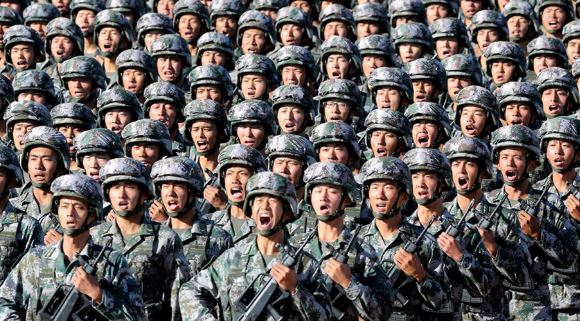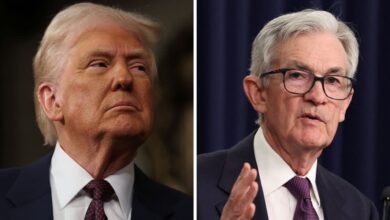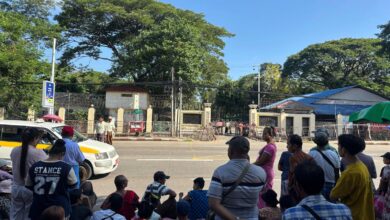China’s Military Posturing Intensifies Ahead of Taiwan’s Elections

As Taiwan prepares for its presidential and parliamentary elections on January 13, China has ramped up its military activities, heightening tensions in the region. In recent developments, China has reaffirmed its military threats against Taiwan, underscoring the complex and strained relations between the two.
Escalating Military Activities
In the weeks leading up to the Taiwanese elections, China’s military presence has been notably more assertive. Taiwan’s Ministry of National Defense reported the detection of Chinese military aircraft, including J-10, J-11, and J-16 fighters, as well as early warning aircraft operating in the airspace around Taiwan. Additionally, Chinese warships were spotted in proximity to the island, with some aircraft crossing the Taiwan Strait’s median line, a sensitive area that traditionally serves as an unofficial boundary between Taiwan and China. This increase in military activities is seen as an attempt by Beijing to exert pressure on Taiwan ahead of the elections.
Trade and Diplomatic Pressures
China’s strategy goes beyond military maneuvers. In what Taiwan deems as election interference, China extended its trade barrier investigation to the eve of Taiwan’s elections. Taiwan’s Office of Trade Negotiations has criticized these actions as one-sided and inconsistent with World Trade Organization norms. This move is perceived as part of a broader campaign to influence the election outcome and assert China’s stance on cross-strait relations.
Beijing’s Stance and Taiwan’s Response
The Chinese government, which claims Taiwan as its territory, has continually opposed the Democratic Progressive Party (DPP), led by current Vice President Lai Ching-te, whom it views as a separatist. In contrast, Beijing favors the opposition Kuomintang (KMT) party, known for advocating closer ties with China. China’s Defense Ministry spokesperson, Col. Wu Qian, reiterated the nation’s stance to take all necessary measures to defend its national sovereignty and territorial integrity.
The Taiwanese Perspective
Taiwan, a self-governing democracy, has consistently rejected China’s sovereignty claims, asserting that the future of the island should be decided solely by its people. The Taiwanese government has raised concerns about election interference and misinformation from Beijing. The DPP candidate Lai Ching-te, who leads in the polls, has been vocal about the potential threats of Chinese intervention in Taiwan’s democratic processes.
Global Implications
The situation in the Taiwan Strait is closely monitored globally, given its potential implications for international stability and security. The heightened military activity near Taiwan, coupled with the political dynamics of the upcoming elections, presents a significant geopolitical concern, especially considering the potential involvement of the United States and other global powers in the event of escalated conflict.
As Taiwan approaches its election day, the world watches with apprehension, hoping for a peaceful resolution to the ongoing tensions in the region. The outcome of the elections could significantly influence the future trajectory of Taiwan-China relations and, by extension, the stability of the Asia-Pacific region.





